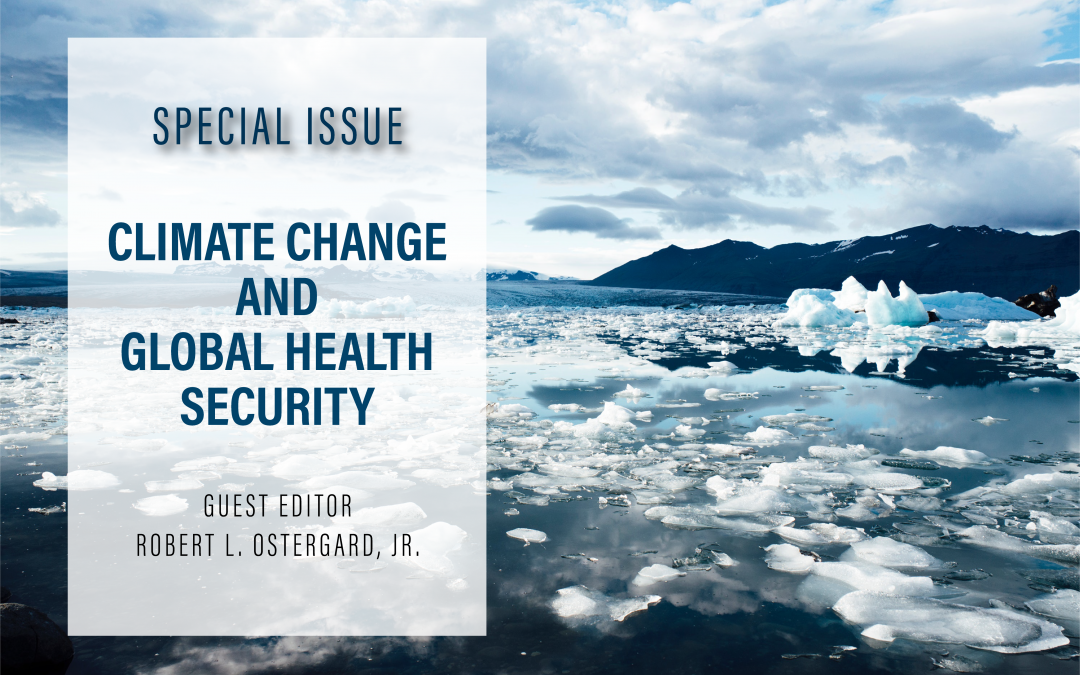By Thomas Lange
What role can regions, or more precisely regional organizations, play in the further development of international health and climate policy? If one shifts the view from the global system to regional spaces, it becomes clear that the development of International Health and Climate Governance is strongly influenced by regional activities. However, regional organizations often represent entities with tensions why the question arises to what extent regions can promote or even hamper international health or environmental policy. One example is ASEAN whose slow regional integration is shaped by the “ASEAN Way”. This low degree of legalization is accompanied by an ongoing socialization of regional governance: Civil society actors such as Non-Governmental Organizations (NGOs) play an increasingly important role in combating community problems, that politics actively promotes their involvement. This also applies to challenges affecting health and the environment in ASEAN, e.g. haze pollution or SARS.

